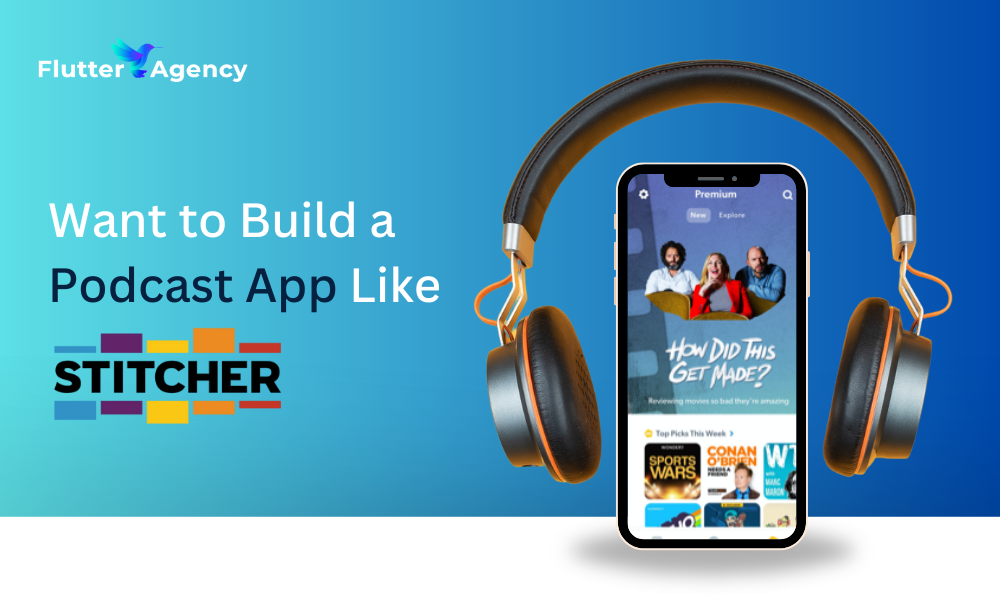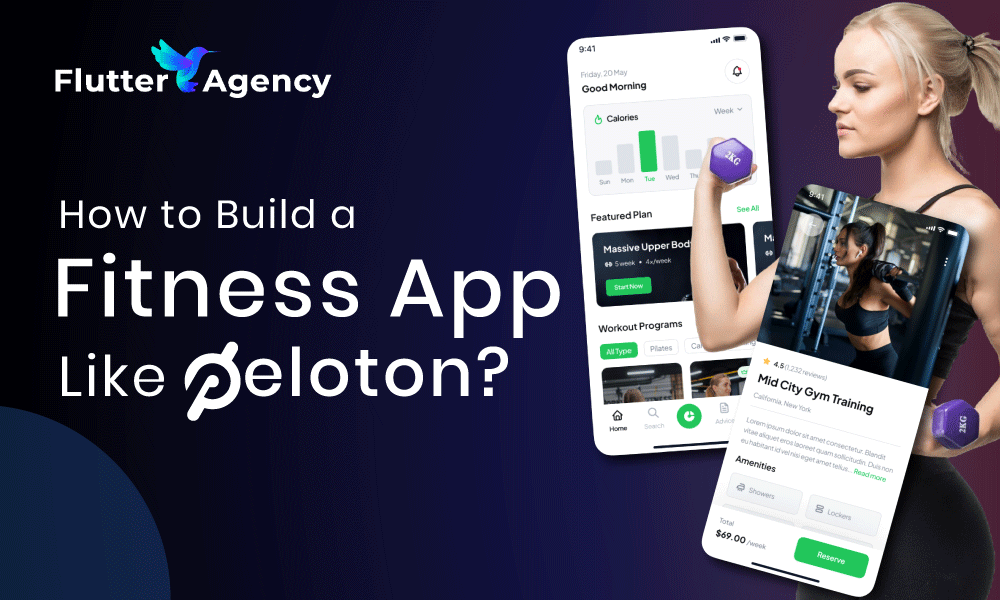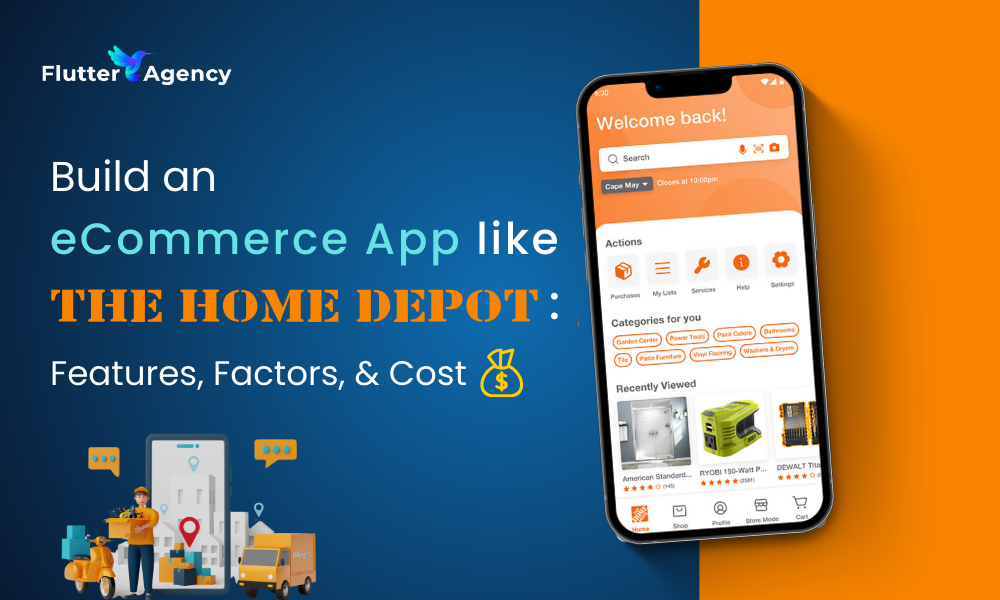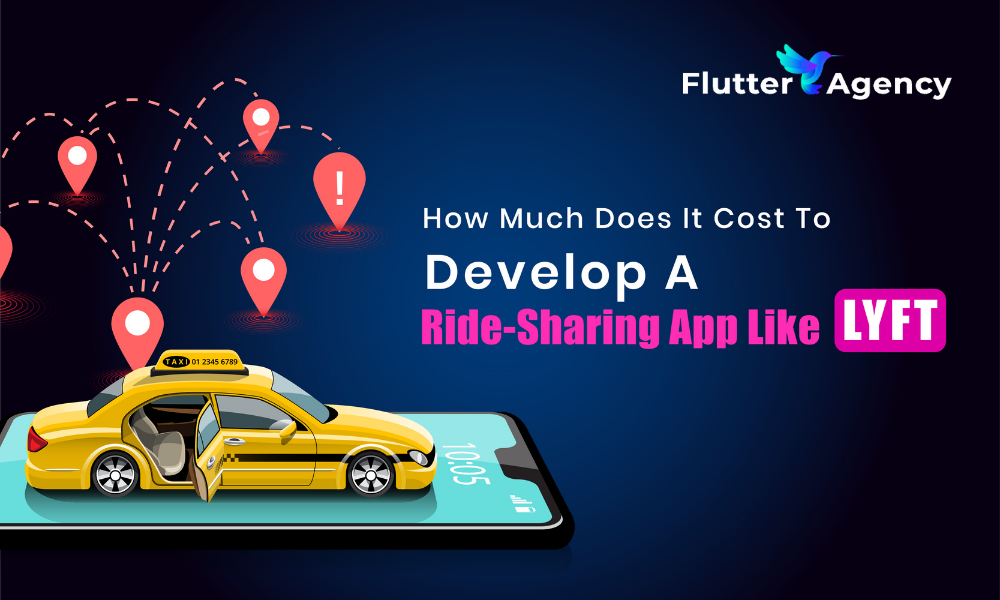AI in Healthcare: Automating Tasks to Personalizing Treatments
The healthcare industry is currently on the cusp of a revolution- this time, driven by AI. From automating healthcare-related administrative tasks to assisting in groundbreaking medical procedures and discoveries, AI is changing the game, and very efficiently. It is rapidly changing the way we understand, diagnose, and treat health.
Since the entire world is performing half of their daily tasks like connecting with people across the continent, paying their bills, and purchasing groceries through apps, how can the healthcare industry stay behind? Healthcare mobile app development is all the rage now- at least among people who understand the futuristic implications of healthcare combined with AI.
In 2024, the AI in Healthcare market is expected to touch a whopping $67.6 billion (the potential!) worldwide. But do you understand what exactly AI brings to the table in the healthcare arena? Read ahead to understand how AI is driving the healthcare industry, and how you can tap into this potential too.
AI In Healthcare: The Implications
AI in healthcare refers to using certain Artificial Intelligence technologies like software or apps that help enhance various arenas of the healthcare industry. Various aspects of AI help to understand and analyze the medical data already available to facilitate clinical decision-making and even assist in diagnosis.
While AI is not widely implemented in healthcare today, it does have promising and positive implications, some of which are:
Automated Tasks:
A lot of tasks in the healthcare domain can be automated with the help of AI. This involves a lesser burden on already overworked staff at hospitals and clinics where there is usually a huge number of patients, and it is difficult to keep up.
Reduced Healthcare Costs:
One of the biggest implications of leveraging AI in healthcare is reduced healthcare costs. Though the costs wouldn’t come down drastically, AI can help by reducing the time required for consulting specialized healthcare professionals, thus cutting down costs around it.
Personalized Mental Healthcare:
One example of how AI can help in healthcare can be seen in the case of mental health. Over the past couple of years, many tools have come up that are helping people take care of their mental health. These include chatbots that are available to converse with, anytime; along with guided meditation and maintaining all the data that is fed into the app.
The Best Examples of AI In Healthcare
While you wonder about how you can tap into the potential of AI in the Healthcare market, here are some of the best examples of AI in use in the healthcare niche:
Medical Imaging Analysis:
AI models are currently being trained to analyze medical images like X-rays and different types of scans, like CT and MRIs, to assist radiologists in detecting any abnormalities, like tumors or fractures.
For example, Paige.AI can use mammograms to detect any signs of breast cancer.
Drug Discovery and Development:
Traditional drug discovery processes are both money and time-consuming. AI can help accelerate this process by analyzing vast amounts of data to identify potential drug targets and predict the effectiveness of new drugs by analyzing the action of the present components.
For Example, Benevolent AI uses patient data to analyze and predict alternate treatment options for different diseases.
Robot-Assisted Surgery:
Surgical robots guided by AI algorithms have an elevated precision, helping to reduce complications in complex surgical procedures. With enhanced dexterity, surgeons can now perform minimally invasive procedures with better precision.
Use Cases: AI In Healthcare
It might be worth it to ponder upon the cases and situations where AI can be leveraged. This is also the starting point where you begin to think of ideas that might help you break into the market with another app catering to healthcare. Some of these use cases are:
Administrative Efficiency:
Administrative processes take up a lot of time in the healthcare arena.
The use of AI to automate processes like patient registration, appointment scheduling, cancellation, rescheduling, patient data retrieval, insurance claims, generating patient reports etc., can easily be handed over to AI, thus freeing up more time for healthcare professionals to tend to more patients.
Disease Prediction and Prevention:
Often, the correct use of previous data to train any AI model can help to correctly diagnose, and even predict the progression of a disease by analyzing patterns.
Remote Patient Monitoring:
AI-powered wearables and sensors can continuously monitor a patient’s health data and even offer real-time updates and data on how the patient is progressing with the disease.
Drug Dosage Optimization:
For certain patients, after analyzing their health and lab tests, it can be gauged what dosage of a drug would be effective for them. This also partly falls under the arena of personalized healthcare but also deals with already existing drug compositions.
Benefits Of AI In Healthcare
Now when you understand the use cases of AI in Healthcare, it only seems fair to see how beneficial it currently is, and the potential it shows for the future. These benefits apply to doctors, patients, and the entire healthcare system as a whole:
Enhanced Efficiency:
Leveraging AI in the healthcare arena has only proven beneficial, from drug dosage optimization to automating tasks streamlining workflows, and helping patients to understand their health symptoms, AI has been able to bring out efficiency, not just in hospitals, but the overall healthcare arena.
Increased Access to Care:
Patients no longer need to stand waiting in a call for someone to check and inform them of an empty slot to book an appointment, AI can do it for them. Imagine seeing real-time scheduling slots for a healthcare professional, whom anyone can access.
Also, children who do not have an adult nearby can also use AI to identify the symptoms they are having, and AI can automatically inform the nearest hospital of the same as well.
Transform Your Healthcare Solutions with AI Today!
Ready to Innovate Your Healthcare Solutions with AI? Contact Us Today!
Personalized Healthcare:
This is one of the most revolutionary things that AI is involved within healthcare. Each has different needs regarding healthcare and treatments.
AI is currently being used to study the medical data and patterns of individuals that can benefit them by making up a treatment plan for them that is tailored to their needs.
Conclusion
While AI is not a replacement for human healthcare professionals, it can certainly be used to assist healthcare professionals in diagnosis, data analysis and treatment for patients.
Beyond the hospitals too, AI is being used in pharmaceutical industries in drug designing and more, as well as in medical research, to better understand disease progression and how AI can help by understanding the progression patterns and more.
As for someone looking to tap into this market, you can always identify niches in healthcare where the use of AI can be leveraged well, and since everything has gone mobile today, invest in a mobile apps development agency tailored for that particular niche. With time, you can break into the market and benefit many patients in the process.
Contemporary ventures
Recent blog
ready to get started?
Fill out the form below and we will be in touch soon!
"*" indicates required fields

















